In the dynamic world of economics, understanding consumer behavior is crucial for businesses aiming to thrive in competitive markets.
Consumer behavior refers to the study of individuals, groups, or organizations and the processes they undergo when selecting, purchasing, using, or disposing of products, services, ideas, or experiences.
This article delves deep into the concept of consumer behavior in economics, exploring its intricacies, and shedding light on the key factors that influence consumer choices.
What Is Consumer Behaviour in Economics?
Consumer behavior in economics encompasses the actions and decision-making processes individuals or groups undertake when purchasing or utilizing goods and services. It investigates the psychological, social, and economic factors that drive consumer choices, enabling businesses to understand and cater to their target markets more effectively.
Consumer behavior is influenced by a multitude of factors, including personal preferences, cultural influences, social norms, marketing strategies, and economic conditions. By comprehending these factors, businesses can gain insights into the motivations and needs of their customers, enabling them to tailor their offerings accordingly.

Kentrix is an advanced business intelligence platform that offers comprehensive solutions to assist businesses in making well-informed decisions
Factors Influencing Consumer Behavior
Understanding the factors that shape consumer behavior is vital for businesses aiming to thrive in competitive markets.
By analyzing and adapting to these factors, companies can gain a competitive edge and better meet the needs of their target audience. Let’s explore some of the key factors that influence consumer behavior:
1. Personal Preferences and Motivations
Consumer behavior is heavily influenced by personal preferences and motivations. Individuals have unique tastes, needs, and desires that shape their decision-making processes. For example, some consumers prioritize functionality, while others prioritize aesthetics.
Understanding these personal preferences allows businesses to develop products and services that align with consumers’ motivations, ultimately driving sales and customer satisfaction.
2. Cultural Influences
Culture plays a significant role in shaping consumer behavior. Cultural norms, values, and beliefs impact how individuals perceive products and make purchasing decisions. For instance, certain cultures may prioritize sustainability and environmentally-friendly products, leading to increased demand for such offerings.
By considering cultural influences, businesses can tailor their marketing strategies and product offerings to specific cultural contexts, effectively appealing to their target audience.
3. Social Influences
Consumer behavior is also influenced by social factors, such as family, friends, and social groups. People often seek validation and acceptance from their peers, leading them to make purchasing decisions based on social influences. For example, individuals may be more inclined to buy products endorsed by their favorite celebrities or recommended by their social circle.
By leveraging social influences, businesses can employ social proof and influencer marketing strategies to drive consumer behavior.
4. Marketing Strategies and Advertising
Effective marketing strategies and advertising campaigns have a profound impact on consumer behavior. Companies employ various techniques to influence consumer choices, such as persuasive messaging, emotional appeals, and creative storytelling.
By understanding the power of marketing and advertising, businesses can craft compelling messages and promotions that resonate with their target audience, leading to increased sales and brand loyalty.
5. Economic Conditions
Economic conditions, such as income levels, employment rates, and inflation, significantly impact consumer behavior. During economic downturns, individuals may reduce their discretionary spending and opt for more budget-friendly options.
On the other hand, during prosperous times, consumers may be more willing to indulge in luxury goods and experiences. Understanding the influence of economic conditions allows businesses to adapt their pricing strategies, product offerings, and marketing campaigns accordingly.
6. Online Reviews and Recommendations
In the digital age, online reviews and recommendations hold substantial influence over consumer behavior. Consumers actively seek out opinions and experiences shared by others before making purchasing decisions.
Positive reviews and recommendations can significantly impact brand perception and drive consumer trust, while negative reviews can have adverse effects. Businesses should actively manage their online reputation and encourage positive customer feedback to leverage the power of online reviews.

CLICK HERE TO KNOW MORE ABOUT KENTRIX
FAQs About Consumer Behaviour in Economics
1. What role does psychology play in consumer behavior?
Psychology plays a crucial role in consumer behavior. It helps businesses understand the cognitive processes, motivations, and decision-making patterns of consumers. By incorporating psychological insights into marketing strategies, companies can influence consumer choices and tailor their offerings to match consumer preferences effectively.
2. How do social media platforms influence consumer behavior?
Social media platforms have transformed consumer behavior by providing a platform for individuals to discover, engage with, and share products and services. Social media influences consumer behavior through influencer marketing, peer recommendations, targeted advertising, and interactive brand experiences.
3. How can businesses adapt to changing consumer behavior?
Businesses can adapt to changing consumer behavior by conducting thorough market research, monitoring industry trends, and leveraging customer feedback. This information enables businesses to identify emerging consumer needs and preferences, allowing them to innovate their products, improve customer experiences, and adjust their marketing strategies accordingly.
4. How does consumer behavior impact pricing strategies?
Consumer behavior directly influences pricing strategies. Businesses consider factors such as consumer price sensitivity, perceived value, and competitive pricing when determining the optimal price for their products or services. By understanding consumer behavior, companies can set prices that align with consumers’ expectations and maximize profitability.
5. What are the ethical considerations in consumer behavior?
Ethical considerations in consumer behavior involve businesses acting responsibly and transparently. This includes ensuring fair pricing, honest advertising, protecting consumer privacy, and delivering quality products or services. Ethical business practices build trust and loyalty among consumers, positively influencing their purchasing decisions.
6. How can businesses use consumer behavior insights to improve customer satisfaction?
By understanding consumer behavior, businesses can identify pain points, preferences, and expectations of their target audience. This knowledge allows companies to improve their products, tailor their customer service, and enhance the overall customer experience. By delivering on consumer expectations, businesses can foster long-term customer satisfaction and loyalty.

Get Consumer Insights Solutions with Kentrix : CLICK HERE to Know More
Conclusion
Consumer behavior in economics is a multifaceted concept that encompasses the study of individuals, groups, or organizations and the processes they undergo when selecting, purchasing, using, or disposing of products, services, ideas, or experiences.
By understanding the factors that influence consumer choices, businesses can develop effective marketing strategies, tailor their offerings, and thrive in competitive markets.
Through psychological, social, and economic insights, companies can gain a comprehensive understanding of consumer behavior, leading to increased sales, customer satisfaction, and long-term success.
Read More,
How Segura helps reduce payment defaults through its advanced customer risk identification


